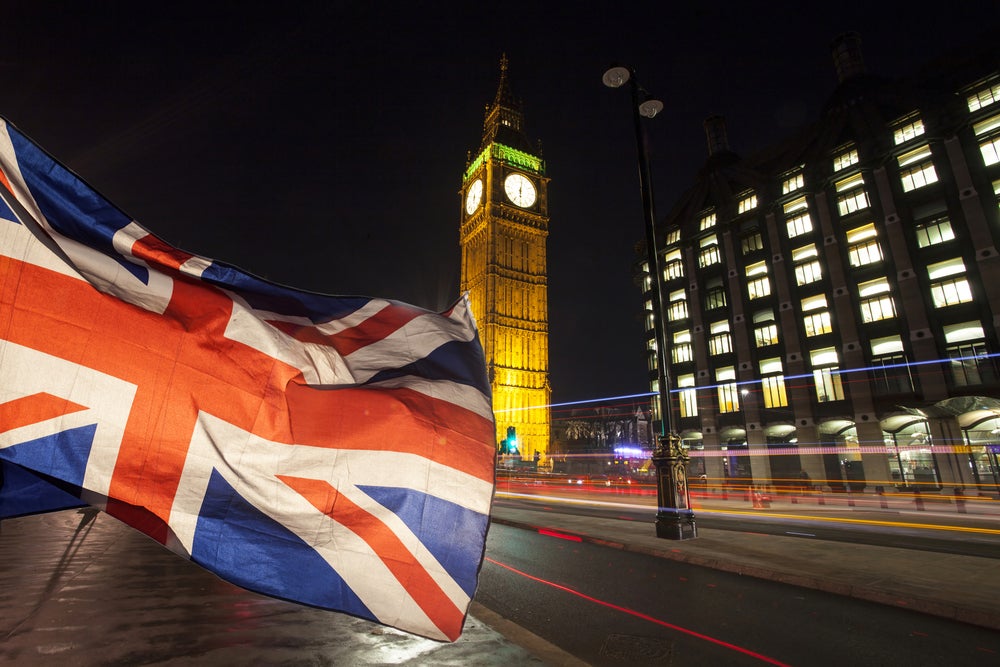
At this stage, if the polls are to be believed, the election is already in the bag for the Labour opposition. However, the polls have been wrong before and so at this stage, it is prudent to consider at least the possibility of the government somehow making a fight of the election.
That means that one requires to consider the likely policies of both main parties as regards financial services.
Pensions policy – clear blue water between Labour and Conservative parties
Take pensions for starters. There is clear blue water between the parties here.
The Conservative government abolished the pensions lifetime allowance just last year. Labour says it will reintroduce the allowance. This is the limit that savers can place into a pension without facing tax penalties. Until last year, there was a tax charge of up to 55% on total pension savings above £1.07m.
There is however some consensus between the parties relating to the pensions triple lock. If the main parties are to be believed, the state pension will rise each year in line with inflation, average earnings growth or 2.5% – whichever is highest-for the next parliamentary term.
Financial services regulation
Jonathan Herbst, global head of financial services regulation at law firm Norton Rose Fulbright says that there seems to be a broad continuity between the Conservatives and Labour on most areas of financial services regulation.
How well do you really know your competitors?
Access the most comprehensive Company Profiles on the market, powered by GlobalData. Save hours of research. Gain competitive edge.

Thank you!
Your download email will arrive shortly
Not ready to buy yet? Download a free sample
We are confident about the unique quality of our Company Profiles. However, we want you to make the most beneficial decision for your business, so we offer a free sample that you can download by submitting the below form
By GlobalData“However, it would be a mistake to think that a new government would mean no change. History has shown that this is never how things turn out.
“To name a few areas of potential change, Labour has already indicated that it is planning more intervention to encourage domestic investment and the UK capital markets, and looks like it will double down on the consumer agenda and encouraging a broader regional spread of jobs in financial services. It also seems more open to following EU regulatory change where this makes sense for the UK. So, there could be a lot for the sector to unpack if Labour comes to power.”
Investments
Stuart Ritchie, Managing Partner of GSB Wealth, says that volatility in the stock market around election time is expected, but historical trends show eventual stabilisation.
“However, uncertainty is the stock market’s greatest enemy. Historically, the market tends to thrive when it anticipates a clear winner in an upcoming election. This was evident in 1997, with the market experiencing growth before, during, and after Labour’s widely expected victory. Economic factors such as inflation and interest rates influence market returns more than election returns,” says Ritchie.
On pensions, he says that whichever party gets in may accelerate planned increases in the state pension age.
ISAs
Ritchie says that Labour aims to simplify the ISA landscape and the proposed UK ISA by the Conservatives is criticised as complex and unlikely to achieve its intended goal.
Tax
“Britain’s tax burden is the highest since World War Two,” adds Ritchie.
“Debate surrounds the tax burden, with the Conservatives aiming to reduce social security contributions while Labour proposes VAT on private school fees and taxation of overseas income. The Labour Party first proposed to abolish the non-domiciled tax status, a system allowing wealthy foreigners living in the UK to avoid paying taxes on overseas income and gains.
“However, the government announced plans to end non-dom tax status in the Spring Budget 2024, requiring non-doms to pay taxes after four years. Labour supports this move but intends to further close inheritance tax loopholes for non-doms, emphasising the importance of tax fairness and discouraging tax evasion.
“But the Finance (No 2) Bill was scrutinised by the Public Bills Committee on 21 May, and it was anticipated it would pass that committee by 24 May. It then has to go to the report stage and 3rd reading in the House of Commons, before heading to the House of Lords to be voted on. However, due to the announcement of the election, UK Parliament is now likely to be dissolved by 30 May.
“That means that anything controversial within the Budget that could get ‘stuck’ in the House of Lords may now end up getting removed from the Bill to ensure that the necessities of the Bill become statute before Parliament rises. It will then be for the new Government to re-introduce the legislation (if they so choose) in a new Finance (No 3) Bill.”







